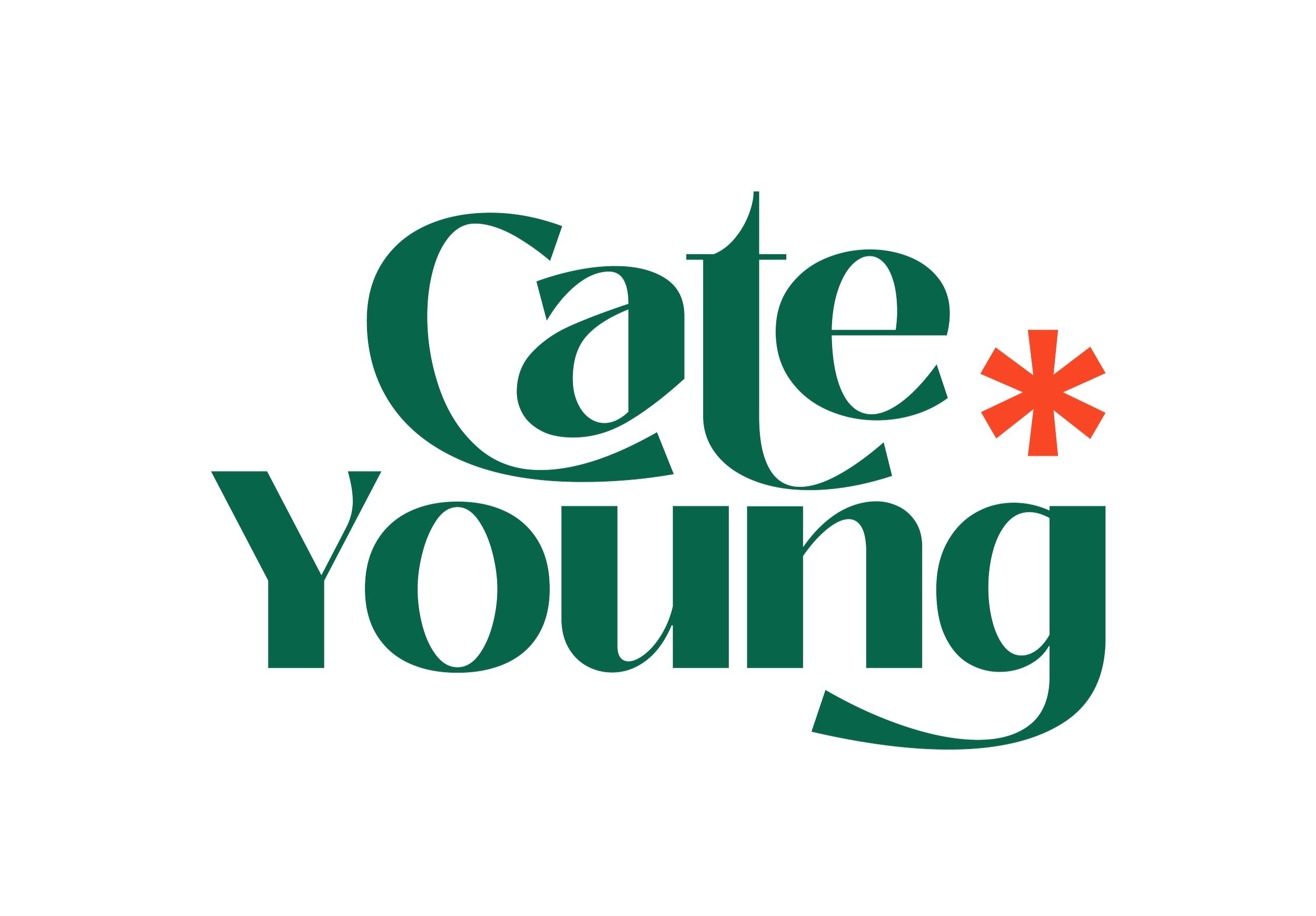Below the Surface: Ryan Roque Continues the Local Tattoo Legacy
Originally published in print issue #157 of Metro Magazine on September 12, 2014.
Sitting in the waiting area of Sinful Skin on French Street in Woodbrook, it’s easy to get sucked into the tattoo studio’s slow moving vibe. The contrast from the busy street outside is stark. All dim lighting and heart pounding music, Sinful Skin is a tiny but well curated escape from the mainstream.
It’s no surprise then, when 36-year-old tattoo-artist, piercer, and owner Ryan Roque tells me that he doesn’t usually give interviews.
“I don’t like to feel like I’m exploiting tattoo culture. It’s about being underground and being the minority. I want to keep the edge going; keep the art alive instead of feeling like I’m selling out.”
But graciously, Ryan indulges me, and we delve into the origins of his shop.
“At first I did it to keep Gilles’ legacy going. I never thought I’d become a tattoo artist until the day he died.”
Gilles Business, founder of the now defunct Tattoo Farm was a lion in the local tattoo culture, and Ryan’s mentor.
“His death affected me a lot and I wanted to continue what he’d taught me. I looked up to him. I liked that he was so passionate about his art. I learned so much from him without even realizing it. I love passionate people because I’ve never been an open person, so I look up to people who are brave enough to be open. When he passed it just clicked that this is what I would do.
Ryan still has the article about Gilles’s passing on the wall of his shop.
“Everyday I get to see him and tell him I’m doing it all for him. Art was my way of expressing myself without having to speak. I like to speak through my art. It’s hard for me to express myself verbally.”
But now that I’ve got him talking it’s easier to coax from him the details of his chosen craft.
“There weren’t a lot of registered professional shops in Trinidad back then. I opened this new show and brought over the staff from Tattoo Farm and we’ve been here ever since.”
According to Ryan, tattoo culture is very different from an artist and customer perspective.
“The artist does it to keep the lifestyle going, the clients do it for fun. It’s two different concepts really. But I’m not opposed to it going more mainstream.”
Ryan says he’s definitely seen a wider mainstream appeal of tattoo culture in Trinidad since opening his shop 7 years ago.
“There wasn’t that big of a market at the time. Back then, there was a lot of pushback, but not anymore. People used to be denied jobs for tattoos and unusual piercings. Now you can’t really do that because everyone has a tattoo or piercing.”
According to Ryan, people are far more open-minded these days. While he used to see kids sneaking out to come get work done, now they come accompanied by parents and guardians. Nowadays heavily tattooed people get stares of admiration rather than disgust. Tattoos are now seen as a way to express individuality.
When it comes to the dicier side of tattooing, Ryan has all his bases covered. One of the risks of piercings and tattoos and piercing is infection. While health and safety guidelines are not codified into law locally, Ryan is meticulous about sterilization and preventing cross contamination.
“Trinidad is small. Word of mouth is important. You can’t be reusing needles and give someone an infection. Something like that could sink your business. Hepatitis is easy to contract if you’re using dirty needles.”
The biggest issue Ryan says he faces is that Trinidadians don’t seem willing to pay the price for quality work. But as the local saying goes, “Cheap ting no good, and good ting no cheap.”
Ryan attributes this to the lack of a supporting tattoo culture. He says tattooing is less a culture locally, and more of a trend.
“Inks and needles are cheap. When you do things the right way and you have to dispose of 80% of your material when you’re done, that’s a lot of cost that the shop has to incur. We have a $600 minimum. People need to understand that if you want good work, you have to pay for it. I want to do professional work all the time and maintain consistency. It’s hard to work for 5 hours on a tattoo when you know the client isn’t willing to pay for the work demanded. I just don’t think the market is big enough to appreciate it. Most people just end up getting a bunch of tiny tattoos.”
Despite the minor woes, Ryan has big plans for the future of his shop, including a bigger studio, a clothing line, and a little café. He’s intensely focused on expanding Sinful Skin’s brand without losing its authenticity.
As to continuing the legacy that Gilles began, Ryan isn’t ready to pass the baton just yet. He currently does all the shop’s tattoos and piercings and isn’t training an apprentice.
“I like to be in control. I know who I am and it works the way it is right now. I wouldn’t want to bring in someone now and not like them. I need someone who’s particular like. And I like to think that I’m still young enough to carry on on my own for now! I’m very swamped but I like to work. I don’t feel the need to take the edge of at the end of the day. The shop is the perfect social environment for me.”
